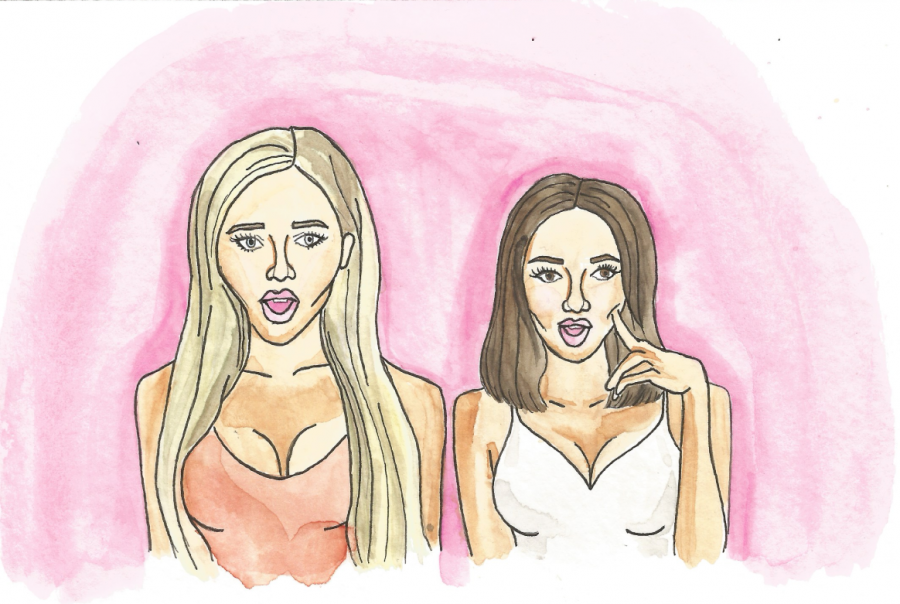In praise of candid sex podcasts
In only an hour and 53 minutes, a listener can learn about the abortion bans in Georgia, how to tease your way into a date on dating apps, and the overconfidence of men gaslighting women in relationships.
Podcasts, especially sex and relationship podcasts such as Call Her Daddy, Guys We F*****d, and Schnitt Talk, have risen in popularity. Hosts can tackle difficult topics with a light heart and self-deprecating tone, without the burden of any emotional vulnerability and necessity to provide context, making it a perfect platform to discuss the hookup culture threatening the dating lives of young adults. With up to 40 percent of podcast listeners being young adults, college students are a sizeable portion of the sex podcast consumer demographic.
The impact of these podcasts has been praised by college students, who cite healthier experiences with hookup culture, as well as better understandings of their own bodies and the realities of the modern dating world. In an environment built on learning, there is a severe lack of information available on navigating the ever-changing world of dating and sex. These podcasts serve as a permanent solution.
The rawness and often brutal honesty of these podcast hosts help young adults, especially women, have a better understanding of their own sexuality and their partners’ expectations, intentions, and behaviors. The transparency of the personal stories they share validate young girls’ own similar experiences and help them foster a healthier relationship with a dating world riddled with hookups.
Sex podcasts enter a territory that mothers, therapists, and peers are too afraid and too uninformed to speak on. The culture surrounding dating as young people has changed, and new and innovative media is necessary to keep up. The format with which they deliver this harsh dose of reality relieves listeners of the shame of being in relationships without emotional attachments. At colleges, especially at Tulane, relationships almost entirely operate under these circumstances.
Far too many have experienced emotional distress when discovering they are not in the relationship they thought they were in, whether it be exclusivity or the subtle nuances, such as dates in exchange for physical intimacy and avoiding moving the relationship into more intimate territory such as holiday seasons or exchanging gifts on birthdays and Valentine’s day. These podcasts give student listeners an exploratory space to learn and express their own emotions about these cultures without shame.
In the two hours a young adult listens to one of these podcasts, they can get a workout in or fold laundry all while getting to listen to what can be likened to a therapy session with a lot more laughing. Listeners leave with a better understanding of themselves, their sexuality, and their relationships, as well as the skills to readily identify possible red flags and stay safe.
Your donation will support the student journalists of Tulane University. Your contribution will allow us to purchase equipment and cover our annual website hosting costs.




